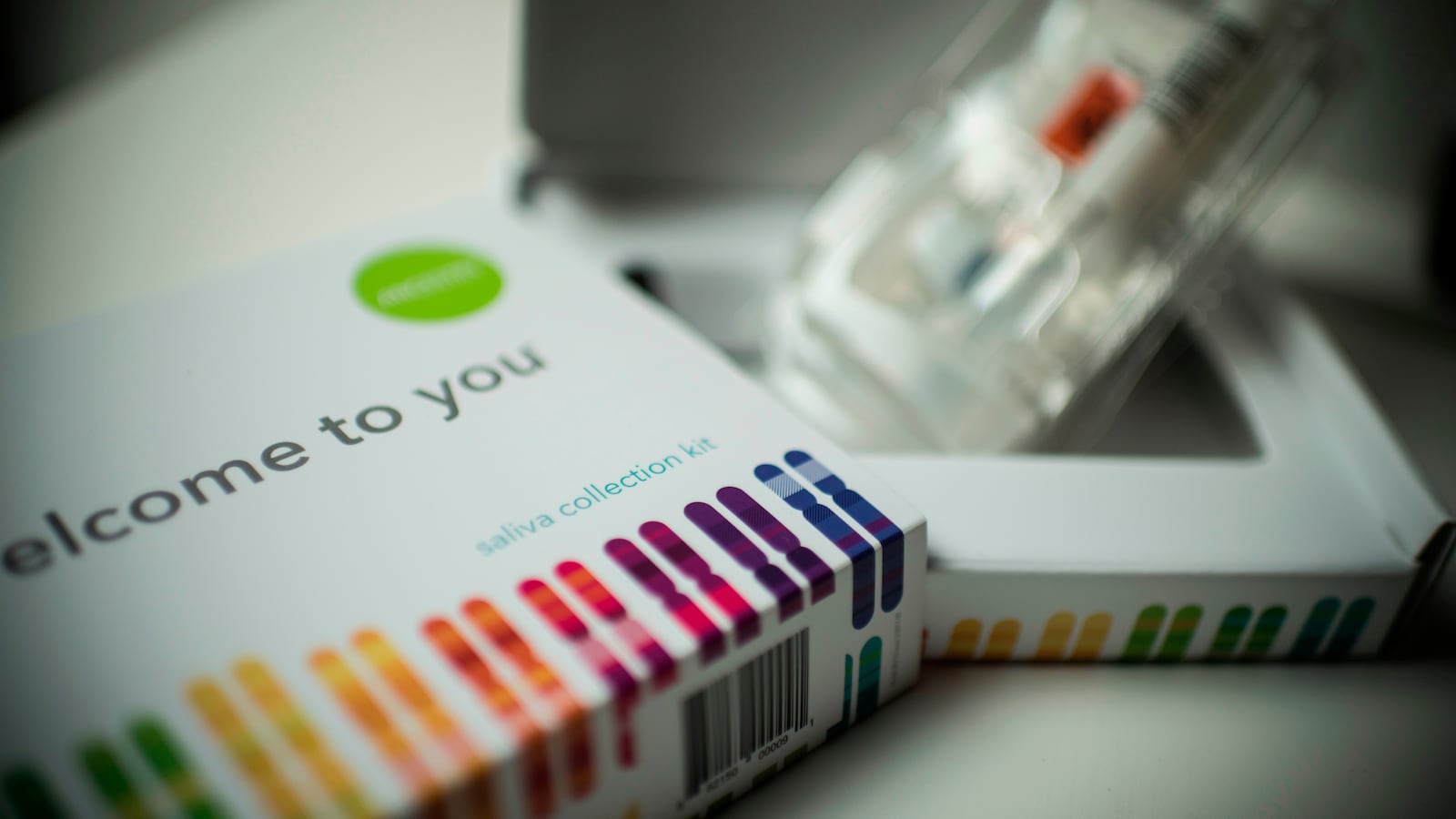Genetic testing for breast cancer through 23andMe is unreliable at detecting those with a high risk, according to a new study. The popular genetic testing company offers tests for the BRCA gene, which uses DNA analysis to identify mutations in genes that indicate a high risk for breast and ovarian cancers. According to the study, 23andMe’s test would have missed nearly 90 percent of 100,000 participants who carried a BRCA mutation. Geneticists say that’s due to the test’s limited scope: 23andMe’s testing formula is built around only three genetic variants, most prevalent among Ashkenazi Jews. However, the study showed that most people carry other mutations of the gene that would indicate risk of breast cancer. “It’s as if you offered a pregnancy test, but only the Jewish women would turn positive,” said Dr. Pamela Munster, the co-leader of the Center for BRCA Research at the University of California, San Francisco.
Editor’s Note: This story has been updated.
Read it at New York Times






